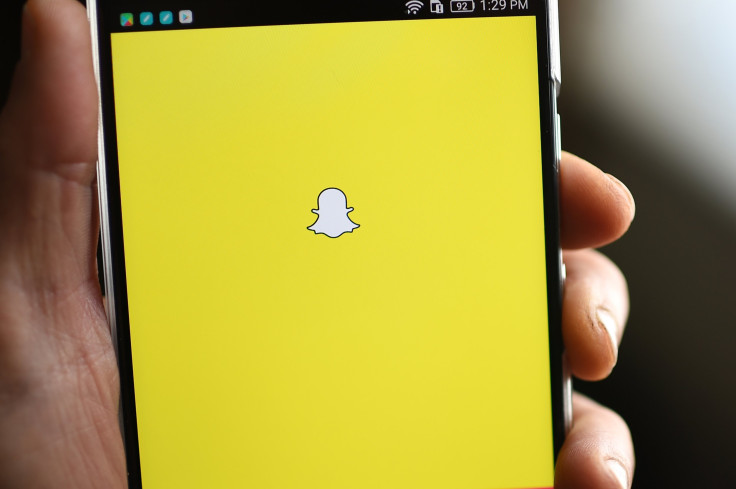Teen Girl Charged With Violating Child Porn Laws For Explicit Selfie

A juvenile court in Minnesota is charging a 14-year-old girl with a felony sex offense for sending an explicit selfie to a boy at school via Snapchat. The boy made copies of her image and distributed it to other students without her permission. If convicted, she could be placed on a sex offender registry for up to 10 years, exposing her to the same stigma violent offenders face. It may also be harder for her to apply to college or get a job. Prosecutors say this underage Jane Doe violated Minnesota's child pornography statute.
ACLU Minnesota issued a statement in December saying this case set out to “shame” and make an example out of Jane with an illogical legal interpretation. The law being used to put Jane on trial, Minnesota statute 617.247, specifies an intent to “protect minors from the physical and psychological damage caused by their being used in pornographic work depicting sexual conduct which involves minors.” In this case, Jane was herself a victim of cyberbullying. Classifying a personal communication with a crush as "pornographic work" is also a stretch. It is unclear whether the boy will face any charges.
This isn’t the first time a teenager was victimized by child porn laws. In 2015, a teen couple who sexted in North Carolina was charged with distributing child pornography. Unlike the recent Minnesota case, neither partner distributed these images among classmates. Instead, the revealing photos were found when school officials searched the 17-year-old boy’s cellphone. He was reportedly prosecuted as an adult.
When it comes to focusing criminal charges on the male participant, the North Carolina case appears to be the exception. Fox 4 reported no arrests or charges were made when two dozen male students at South Fort Myers High School circulated Snapchat footage of sex acts performed on campus with a 15-year-old survivor of sex trafficking. Instead, subsequent bullying forced her to leave school.
Some legal experts argue it is unreasonable to charge teens with a sex crime for taking pictures of themselves. According to a survey of 5,500 middle and high school students by the Cyberbullying Research Center, 12 percent of American students reported sending an explicit image of themselves to another person. Teens routinely use mobile apps like Kik and Snapchat to send revealing images of themselves. Regardless of whether this is a smart idea, it would be difficult to fairly enforce child porn laws on such communications.
New Mexico addressed this conundrum by passing HB 65 in 2016, a state law that decriminalized sexting for people between the ages of 14 and 18 as long as “the depicted child knowingly and voluntarily produced the depiction without coercion.” Putting teenagers on trial for risqué selfies could make it harder for actual victims of cyberbullying, abuse or statutory rape to get help. That’s why Jane’s legal representation is fighting the courts with a brief claiming the Minnesota prosecutor is abusing the intent of the law.
“Sexting is common among teens at my school,” Jane said in the ACLU Minnesota press statement. “And we shouldn’t face charges for doing it. I don’t want anyone else to go through what I’m going through.”
© Copyright IBTimes 2024. All rights reserved.





















